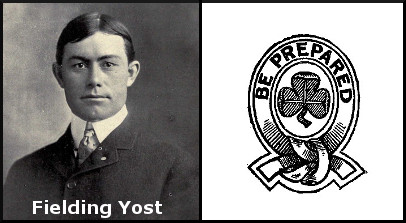Winston Churchill? Voltaire? Julian Amery? Ronald Reagan? Apocryphal?
Question for Quote Investigator: According to legend a political rival of Winston Churchill was once praised with the description “He is a modest man.” Churchill responded with the quip “He has much to be modest about.” Would you please investigate this tale?
Reply from Quote Investigator: Clement Attlee became the Prime Minister of the United Kingdom in July 1945. In December 1945 “The New York Times” printed a group of anecdotes that were circulating in newspapers and diplomatic circles in London. One tale was about Attlee. Emphasis added to excerpts by QI:1
Although some quarters contend that the Labor Government has gone too far too fast in instituting reforms, a considerable bloc of Prime Minister Attlee’s supporters is frankly disappointed. That explains this observation, now making the rounds: “Attlee is a modest man who has a great deal to be modest about.”
The originator of the barb was unidentified although the prefatory words suggested that the critic wished to see more reforms from Attlee’s administration whereas Churchill opposed those reforms. The phrasing of the remark has been variable, and an instance was ascribed to Churchill by April 1947 in a Canadian newspaper.
Below are additional selected citations in chronological order.
Continue reading “Quote Origin: He Is a Modest Man Who Has a Great Deal To Be Modest About”